We were recently asked; “What is Commercial Composting” and since one person asked we wrote a definition, as follows below:
Commercial composting is the composting carried out principally as a method of waste disposal that diverts this organic waste away from landfills. If the feedstock is green waste or another “MSW residual waste” organic material fraction, these facilities can produce high-quality compost used as a fertiliser for garden and horticultural applications.
In the developed nations commercial composting is a local authority subsidized service, as it at present costs more to make the compost than the revenue from selling it.
 |
| A new In-vessel Commercial Composting Tunnel. (Image courtesy: Hytech-Water Ltd) |
It is not without its challenges. One of the biggest brakes in many areas to expanding the program is the question of where to find sites suitable for locating these plants.
Commercial composting is achieved by first sorting the waste, so materials that should not be composted are removed. For optimal decomposition, the starting contents should have a good carbon to nitrogen ratio, preferably 30 parts carbon to 1 part nitrogen.
For a company to send their waste for commercial composting is a way to show environmental responsibility.
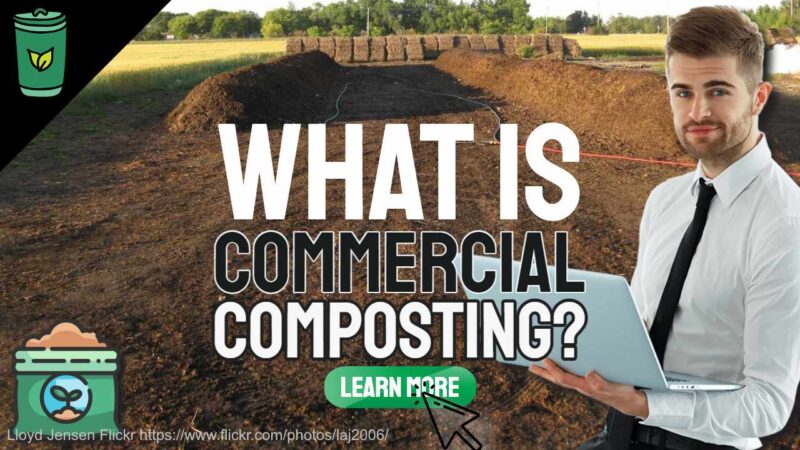
Commercial composting is an industry that is growing and there are massive opportunities opening up into the future for the compost produced, and as oil prices rise. The agriculture industry is far too reliant on chemical fertilizers that require huge energy input to produce, but the commercial composters can help reset the balance.
Commercial composting is a highly effective waste treatment, diverting biodegradable waste away from landfills where it would generate methane, a greenhouse gas over 20 times more damaging than carbon dioxide. Composting is a natural, aerobic process, meaning it needs oxygen to make it work.
Waste generation continues to increase worldwide in tandem with the growth in consumption, and economic globalization facilitates the global transfer of wastes.
Composted material can also be used as landfill cover, which is applied daily to the top of landfills to allow easier access for trucks and reduce odours or disease.
Incineration Plant Facts
A first of our waste incineration plant facts is that a “burner” (this being the derogatory term of the anti-incinerator capaigners) is an important facility for the preservation of public health as it involves protecting the environment in a number of ways. Unless the waste materials are properly disposed of by the waste incinerator plant, […]
Windrow Composting
Windrow composting is a way of generating compost by piling organic matter into extended rows or arc-like piles. The piles are turned over by large machinery to preserve even levels of heat, humidity, and oxygen content. Piles will usually range from four to eight feet tall and 14-16 feet in length. Windrow composting is a […]
Large In-vessel Composting Systems: What are They and How Do They Work?
Progressive cities and many urban centers around the world are now installing large-scale in-vessel composting systems as part of their total MSW management. Large scale in-vessel composting, which makes high quality compost through the use of enclosed “reactors” that closely monitor temperature and oxygen levels throughout the biodegradation of organic materials, is popular. In-vessel composting […]
Autoclave Technology for Municipal Solid Waste Management
Autoclaving is defined as a form of Mechanical Heat Treatment (MHT) which takes place as a batch process and comprises steam processing of residual MSW, in a vessel under the action of pressure. This is contrasted with other MHT waste treatment technologies which are continuous and don’t involve pressurization. Autoclaves have for long been used […]
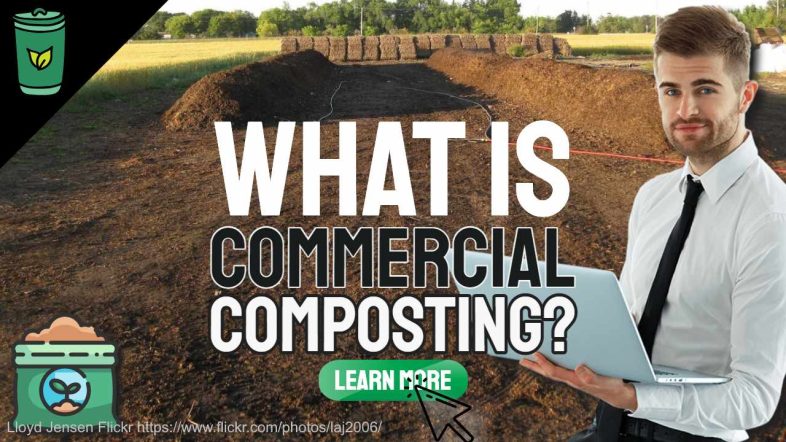
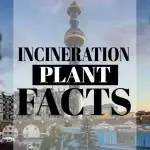
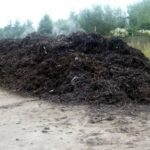
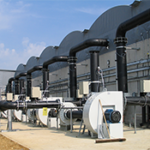
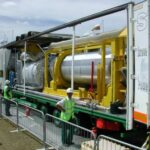
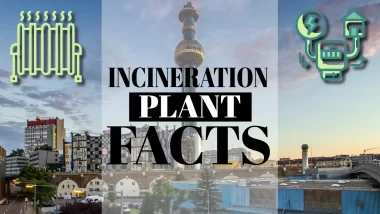
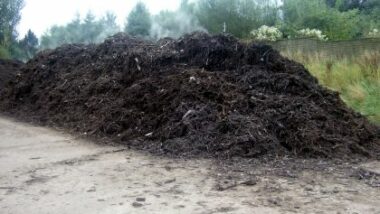

More issues about combating climate changes , how incinerator
Could help tons of thousand waste from the acres of landfill and can convert easily by not exposing gas into the atmosphere .